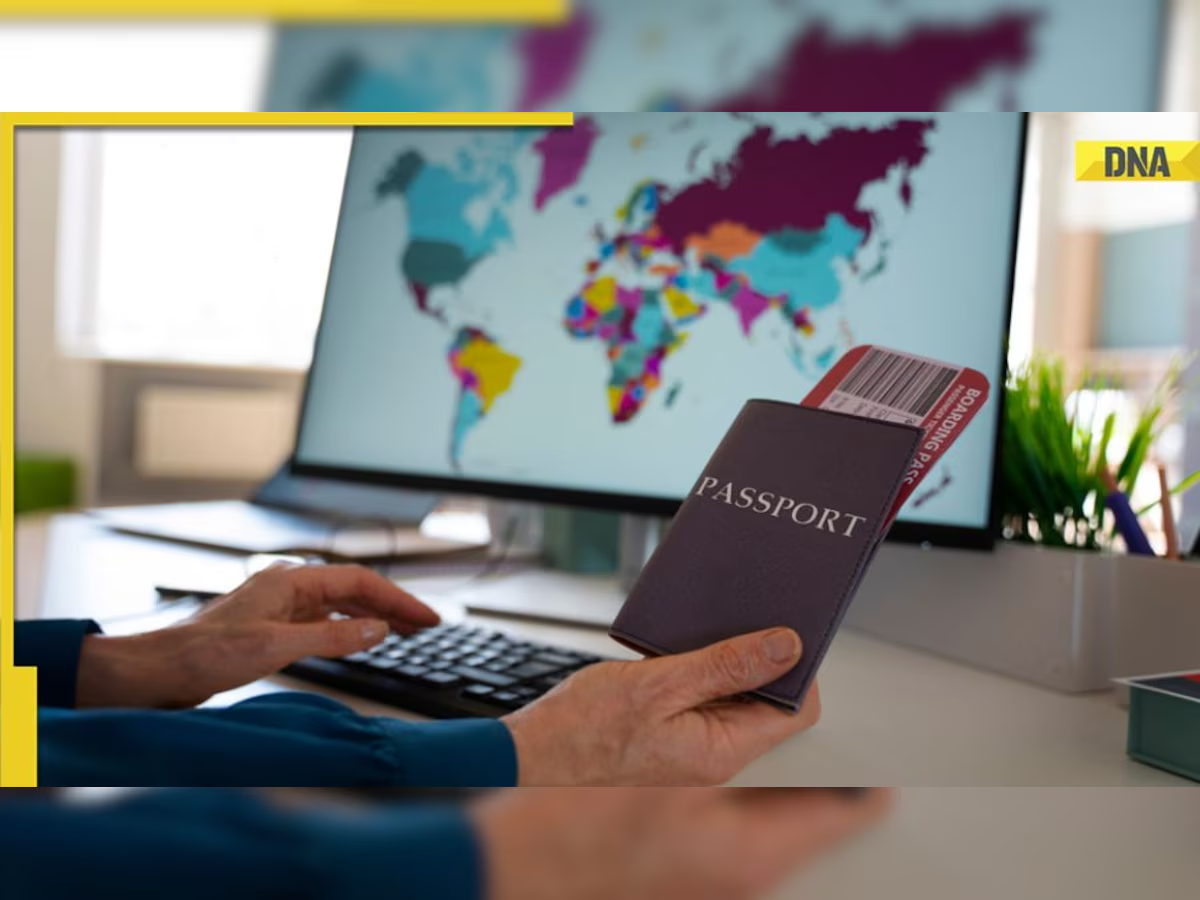The global workforce has undergone a massive transformation, and in 2026, remote work visas have become a mainstream immigration pathway. Countries across Europe, Asia, Africa, and the Caribbean are embracing digital nomads by offering special visa categories tailored to remote professionals. These visas allow individuals to live in one country while working online for clients or companies elsewhere. This trend has not only boosted local economies but also reshaped global migration patterns. Nations previously dependent on tourism are now thriving by attracting long-term remote residents. For applicants, remote work visas provide a unique opportunity to experience life abroad without the traditional constraints of employer sponsorship. They offer flexibility, cultural exposure, and the chance to network globally. Many visas also come with perks such as tax incentives, access to co-working hubs, and extended residency options. For younger generations, this has become a preferred lifestyle, combining work with travel and exploration. Remote visas are particularly popular among entrepreneurs, freelancers, and tech professionals.
Governments are competing to attract digital nomads, tailoring their visa programs to offer competitive benefits. For example, some countries in 2026 provide fast-track residency to remote workers who contribute significantly to the local economy. Others have introduced family-inclusive visas, allowing spouses and children to relocate together. These policies not only attract skilled professionals but also stimulate housing, education, and healthcare sectors. However, remote work visas are not without challenges. Immigration authorities must address tax jurisdiction complexities, income verification, and long-term integration of digital nomads into local societies. Many governments are implementing safeguards to prevent misuse of these visas for unauthorized work. Applicants must also comply with local regulations regarding income thresholds and healthcare coverage. Failure to do so may result in penalties or revocation of visas.
Looking forward, remote work visas are expected to evolve further, with more countries collaborating on regional frameworks. This could lead to multi-country digital nomad passes, allowing professionals to work and travel seamlessly across borders. For migrants, the remote visa revolution represents a new era of mobility, freedom, and opportunity. For governments, it offers a strategic way to attract global talent and diversify their economies.


































